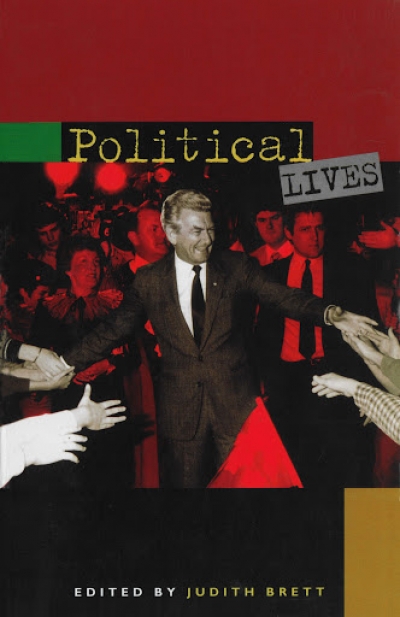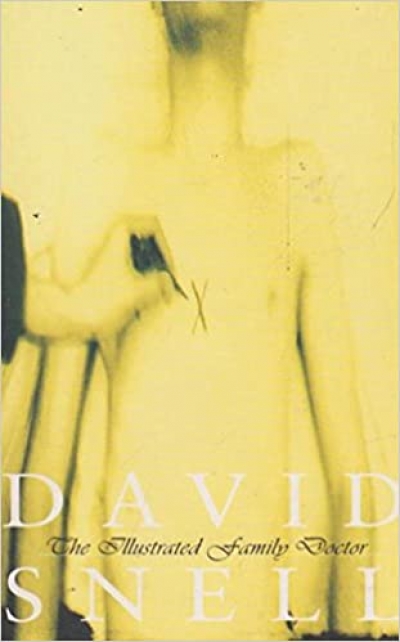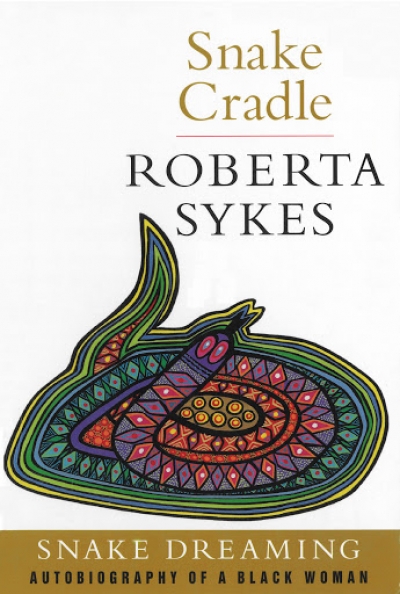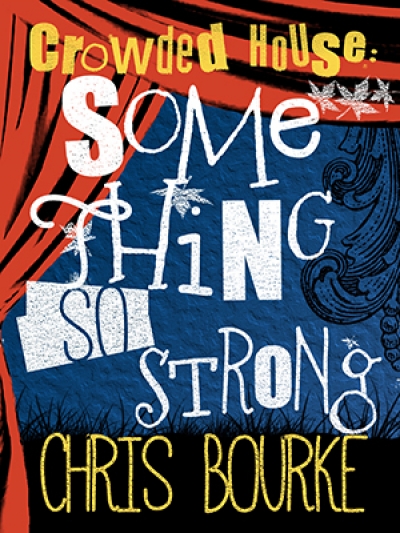Archive
Film | Theatre | Art | Opera | Music | Television | Festivals
Welcome to ABR Arts, home to some of Australia's best arts journalism. We review film, theatre, opera, music, television, art exhibitions – and more. To read ABR Arts articles in full, subscribe to ABR or take out an ABR Arts subscription. Both packages give full access to our arts reviews the moment they are published online and to our extensive arts archive.
Meanwhile, the ABR Arts e-newsletter, published every second Tuesday, will keep you up-to-date as to our recent arts reviews.
Recent reviews
Metre: A magazine of international poetry edited by Simon Caterson
by Ann Vickery •
The Virtual Republic: Australia’s culture wars of the 1990s by McKenzie Wark
by Gerard Windsor •
The La Mama Collection: Six plays for the 1990s edited by Liz Jones
by Jack Hibberd •
Snake Cradle: Autobiography of a black woman by Roberta Sykes
by Alexis Wright •
Black Ice: A story of modern China by Trevor Hay and Fang Xiangshu
by Margaret Jones •










